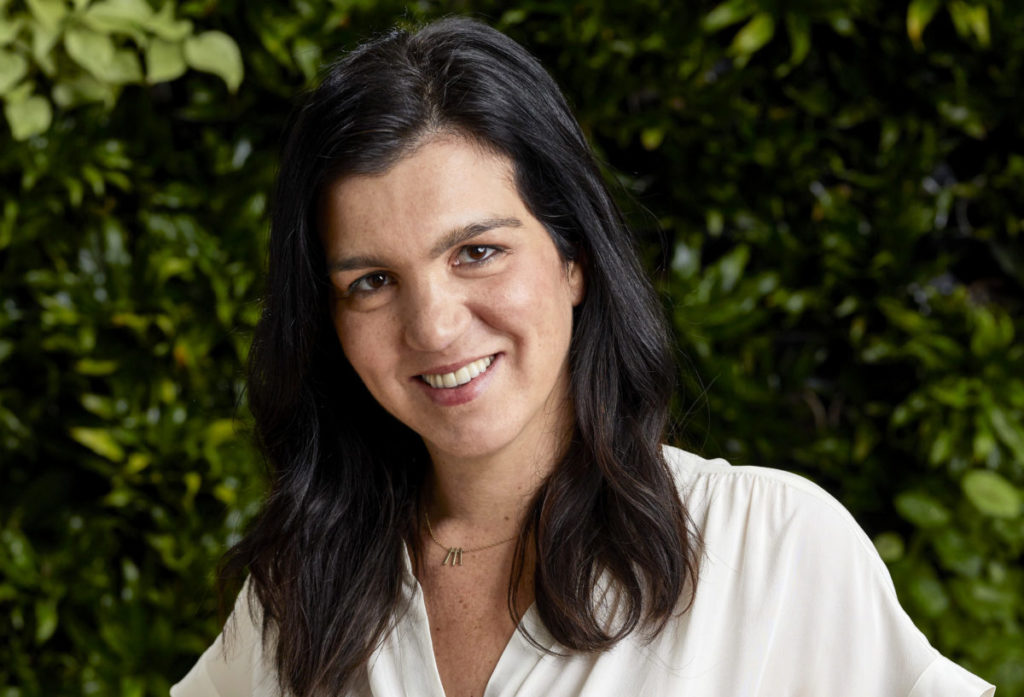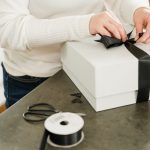
Lauren Gropper started Repurpose before buying sustainable products became cool, and now she is reaping the benefits.
Her line of plant-based, compostable home goods are about to stock the shelves of Costco in the Bay Area — more than a decade after she launched her company in Los Angeles in 2010.
“The vision was always to be the brand that represented compostable products for the home, and all about repurposing plants to make products that are a replacement for single-use plastic,” Gropper said of her compostable straws, trash bags, plates, utensils and other household items.
Launching at Costco “has been a huge goal of ours for years, and it’s finally happening” next month, she added. “We’re really proud of that.”
But when she first started out with her co-founder, Jordan Silverman, there was barely an appetite — or even awareness — for environmentally-friendly household products.
“In the early days, the market was not there and the public was not aware of any of these terms, so we definitely faced obstacles in getting the attention of anyone, be it an investor or retail partner,” said Gropper, who had a previous career in sustainable building design. “Nobody really felt like this was anything.”
In order to get going, Gropper said she and her business partner bootstrapped from friends and family, which helped them gain “tiny winds” and allowed their products to find fans in small mom-and-pop shops. “With every quarter, we were able to get a new customer,” she said. “It allowed us to create a narrative.”
Gropper declined to reveal how much the company is worth, but she noted that Repurpose has expanded beyond California and found homes in 10,000 stores nationwide, including at Whole Foods, Target, Walmart, Safeway, Wegmans and a host of natural stores. Gropper said the company is slated to see profits grow by 50% this year, even during a pandemic that slowed sales for scores of companies worldwide.
She attributes her brand’s success to new generations of eco-aware buyers: “I do think Gen Z and Millennials are super aware of this issue, and they definitely feel the burden of climate change and want to make a difference,” Gropper said. “We give people the ability to make a positive and measurable impact.”
The majority of Repurpose’s line is able to be composted in a backyard as opposed to an industrial site, and the products degrade within a year. If customers live in an area with compost pickup, all they have to do is put the used products in a bin, but Gropper is also scouting opportunities to get her home goods in the hands of those who don’t have easy access to composting.
She recently partnered with another eco-friendly startup called Lomi, which offers a sleek, easy-to-use kitchen composter. “It’s an incredible innovation and partnership for us,” she said.
And even if the products go straight into a landfill, they’ll still provide upstream benefits since they are nontoxic — meaning there are no chemicals involved. “Our products require 60% less carbon dioxide and less water, so there are significant benefits,” Gropper said.
Gropper admits that the sustainable products field has become a little more crowded since she entered the game — and sometimes it’s hard to tell environmental friends from foes.
“There are definitely greenwashers in this space putting out toxic products and calling them eco-friendly,” she said. “We have all the third-party certifications and third-party-verified products.”
She also has to compete with big box stores’ own lines of eco-friendly products, like Everspring at Target and Free Assembly Line at Walmart. But she’s trying to see the competition in a more positive light.
“We see it as a good thing, because it means we’ve reached critical mass, and that’s a great thing for the environment,” Gropper said. “On one hand, [having copycats] is flattery, but on the other hand, we’d like to be there alone.”
And the mom of two young girls has an eye toward the future, with compostable sandwich bags, cling wrap and recyclable toilet paper and paper towels coming down the pike this year. Her products are mostly manufactured in Taiwan, but she is looking to bring more manufacturing to the U.S. One of the main challenges right now, she said, is supply chain issues.
“I wish I had advice to deal with [supply chain issues], but the view that we have is, ‘This is temporary and this is something that we’re currently dealing with, but we see light at the end of the tunnel,’” Gropper said.
“And on the flip side, the great thing is there’s more demand and awareness of our role and the products we provide.”




